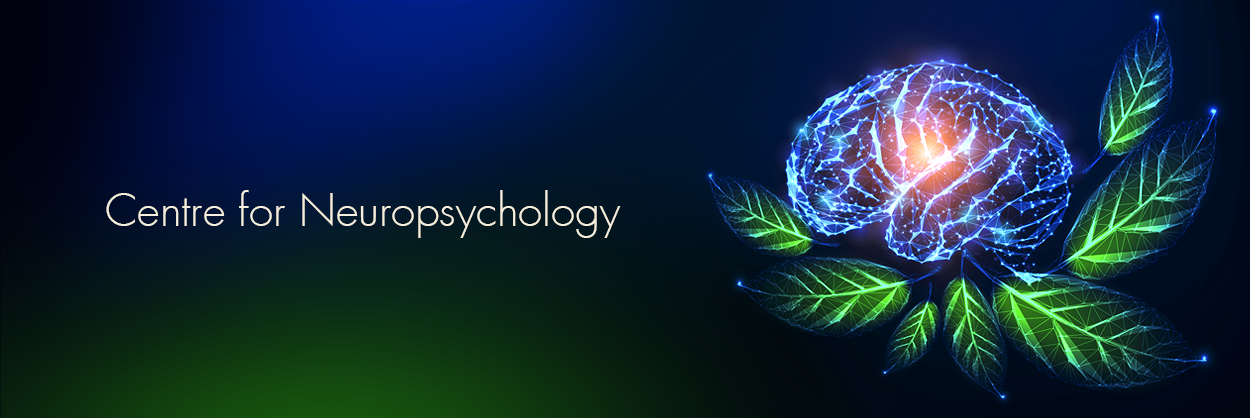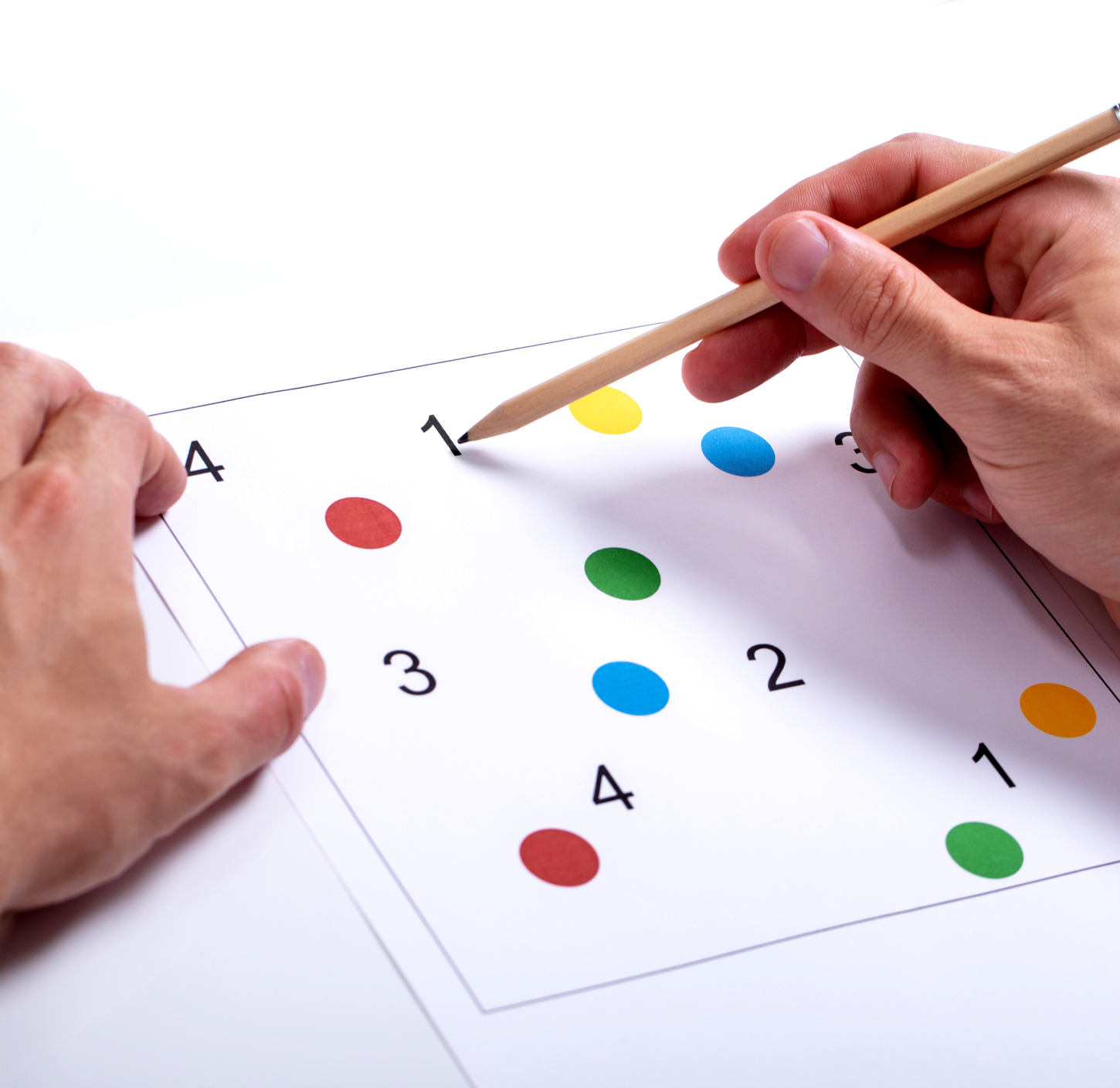
Assessment
Treatment
A neuropsychological assessment comprehensively evaluates cognition (i.e., thinking skills) and psychological functions using standardized testing materials. Areas of assessment include the following (but is not limited to):
The assessment will be useful for individuals with possible disorders that affect brain functioning. Furthermore, the assessment can be conducted for individuals of all age groups (i.e., from children to older adults). Individuals with the following medical conditions (but not limited to) may benefit from an assessment:
The assessment usually aims to answer a referral question. This may include referrals from a medical and/or allied health professional (e.g., GP, psychiatrist, neurologist, neurosurgeon, paediatrician, occupational therapist, speech therapist, physiotherapist), individuals can self-refer themselves as well as caregivers/family members can refer their loved ones. Some examples of questions would include:
Hence, the assessment could be useful for the following purposes:
To obtain an individual's cognitive profile (i.e., thinking skills that are preserved and impaired) for:
To obtain an individual's cognitive strengths and weaknesses for:
Although the assessment would involve standardized test materials, no formal preparation or reading will be required. The assessment hopes to see that individuals are trying their best to perform in the tasks given on the assessment day. Some preparations that can be done include the following:
The overall assessment may be conducted over 1 – 3 sessions. Depending on the number of sessions, each session may last between 1 – 5 hours. The sessions will usually begin with a clinical interview followed by cognitive testing.
The neuropsychologist will score and interpret the individual’s test results together with the information obtained during the clinical interview. The aim would be to understand the individual’s strengths and limitations while answering the referral question. A follow-up appointment for feedback regarding the assessment findings and recommendations for treatment will be scheduled (1 session, 1-2 hours). A comprehensive report will also be provided.
Intervention/rehabilitation will be provided as requested by the individual and/or family members (number and length of sessions will vary according to individuals). The treatment plan may comprise of (but not limited to):
Copyright ©2022 HELP University Sdn Bhd
Company Registration Number: 198201005211 (84963-D)
MOHE Approval Number: DU028(W)
DISCLAIMER: HELP University shall not be liable for any loss or damage caused by the usage of any information obtained from this site.


